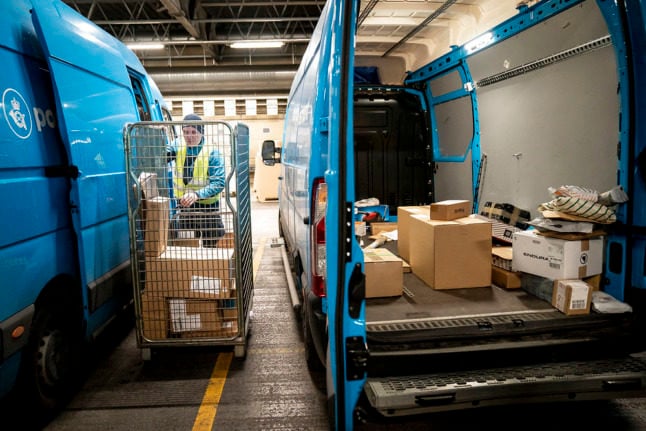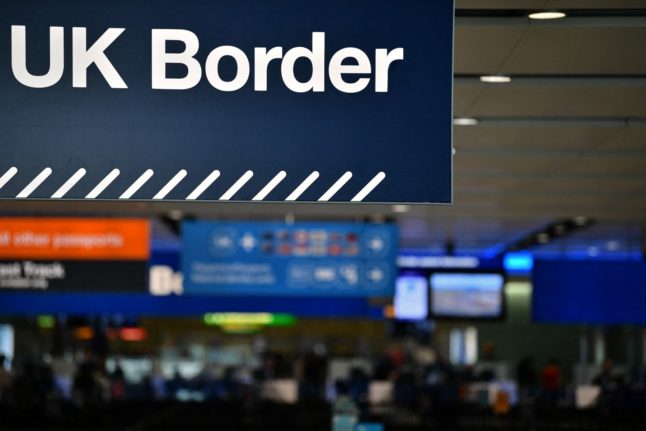Now that Britain has left the EU, the rules for sending parcels have changed. In many cases, costs have gone up because of customs charges and VAT requirements. In a few cases, products may no longer be sent at all.
It’s not unusual for Britons in Denmark to get parcels from family containing a little taste of home – from homemade treats to products not easily available in Europe – but Brexit has changed some of this.
All types of parcel – whether commercial or private – are affected by changes to rules that came into force when the UK left the EU.
In practical terms, it means that it costs more to send gifts from the EU to the UK, and vice versa, it takes longer, and certain items are banned.
UK to EU
As well as having the appropriate postage, gift parcels sent from the UK to the EU need an extra customs declaration form attached.
This form asks for the sender and recipient’s details, whether the item is a gift or an item sent for sale (which can affect the level of duty to be paid) and a detailed description of what’s inside – so, sadly, Christmas parcels lose their element of surprise.
The form is available to download here. And the basic prices are on the Royal Mail website here.
You can read the Danish Tax Agency’s detailed information (in Danish) on gifts sent from non-EU countries to Denmark here. In short, if the value of the gift is over 360 kroner, you will have to pay VAT and duty (moms and told) in Danish. The delivery company (such as Postnord, GLS, UPS and others) applies the charges and bills for them and will probably also charge an extra fee for this administrative work.
Gift package containing spirits, wine, perfume or tobacco are subject to special rules.
Because of the Northern Ireland protocol, these new rules do not apply to people sending parcels to Europe from Northern Ireland.
Food products
Additional issues come into play if you plan to send food products from the UK to the EU.
Importing products derived from an animal into the EU from a Third Country (which is what the UK now is) is a complicated process and the rules apply to both businesses and individuals – and prompted the closure of Marks & Spencer stores in France.
The EU’s strict phyto-sanitary rules mean that all imports of animal derived products technically come under these rules, so sending a box of chocolates by post to Denmark is now not allowed (because of the milk).
Parcels that contain banned animal products can be seized and destroyed at the border.
EU to UK
New rules also affect sending parcels from EU countries like Denmark to the UK.
As with sending parcels the other way, customs declaration must be completed before sending, either at the post office or in advance by downloading it from the postal service of the relevant country.
On Postnord’s website, the cost of sending a parcel from Denmark to the UK starts at 190 kroner. The service allows you to download a porto code, which you then write on your parcel, or print it and attach it. It must the be posted at a post box or service point. The larger and heavier the parcel, the more you pay.
Food products
Here, at least there’s good news. UK rules are currently less restrictive than EU ones – which means sending food parcels from Denmark to the UK is slightly easier.
The British government website currently states the UK has imposed no restrictions on dairy food or meat for ‘personal’ imports of food – though the usual rules on customs and duty still apply, and there are limits on amounts that can be claimed as ‘personal’.
This means gifts of food and drink – up to strict limits and suitably packaged – should be accepted by UK customs officials.
Is there anything else you’d like to know about sending and receiving post between Denmark and the UK? Let us know and we’ll try to answer your query.



 Please whitelist us to continue reading.
Please whitelist us to continue reading.
Member comments